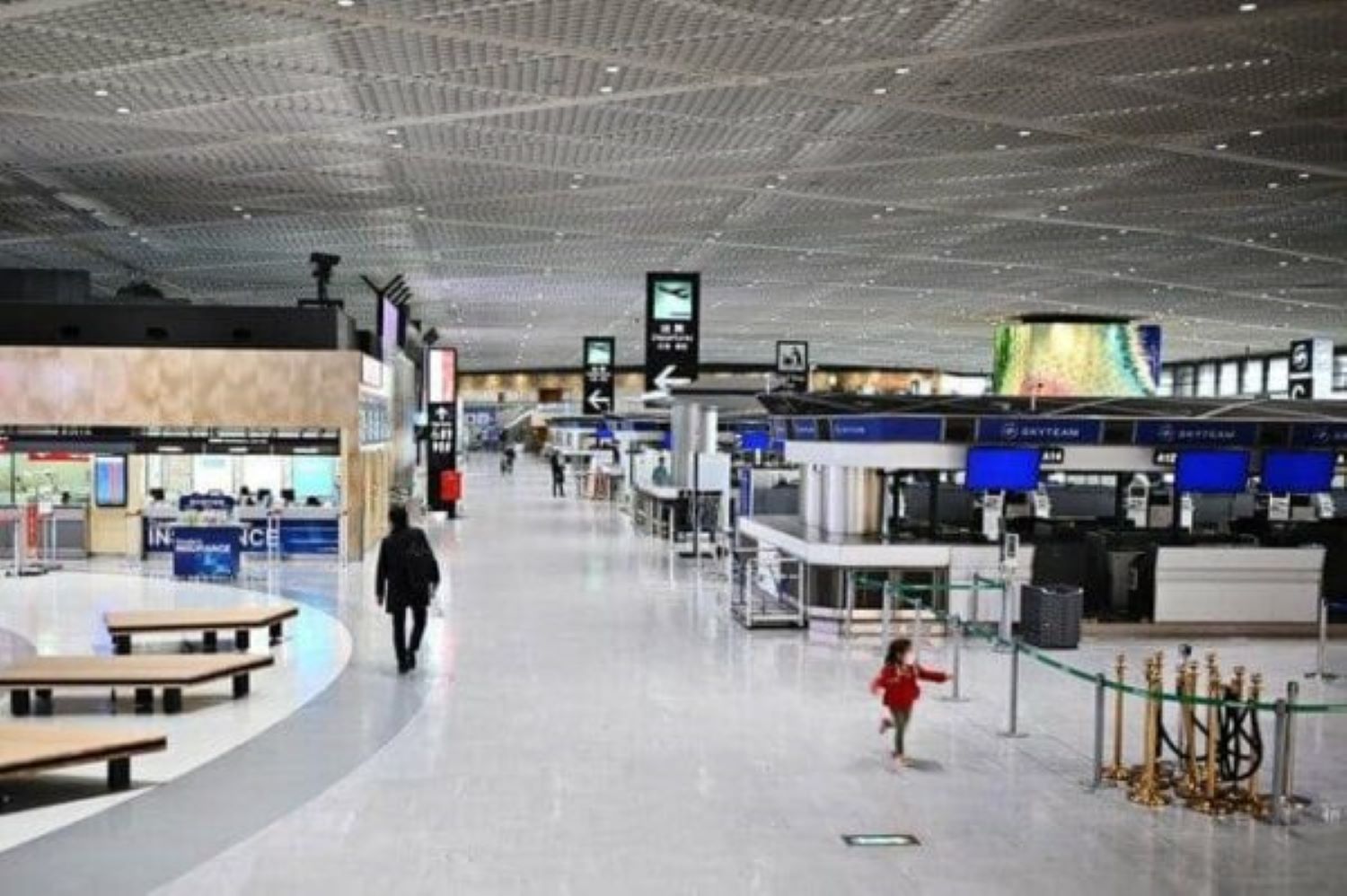RIYADH, SAUDI ARABIA – The General Authority of Civil Aviation (GACA) has announced the economic policy of the civil aviation sector in the Kingdom and the adoption of three economic regulations for airports, ground services, air freight and air transport services, which came into force on Monday.
The economic policy aims to increase the operational performance of the Kingdom’s airports and improve the performance of national carriers, as part of GACA’s efforts to change the Kingdom into a global destination for transport and shipping services by providing competitive infrastructure attractive to foreign investment, as well as by achieving growth and enabling innovation in the aviation sector.
These efforts aim to enable the aviation sector to become among the best in the Middle East and contribute to the diversification of sources of income in Saudi Arabia.
They also help the objectives of the National Aviation Strategy, and stimulate the investment environment in the Kingdom by raising the proportion of the transport and logistics sector’s contribution to GDP to 10 percent.
This would also providing direct and indirect jobs in the aviation sector, injecting investment of up to $100 billion from the public and private sectors by 2030, and nurturing a competitive environment that offers a level playing field for current operators and future investors in the sector.
GACA also issued the regulation organizing the work of its operators in the Kingdom.
This supports its privatization efforts, makes it easy for new investors to join the Kingdom’s aviation market, and enables airport operators to set wages according to their schemes.
The regulation emphasizes the need to comply with the authority rules, enables airport operators to flexibly diversify their revenues through increased returns from non-navigational services, which, in turn, will motivate airports to diversify services and commercial activities, operate at global standards, and thus become attractive to air traffic.
GACA also issued the ground handling and air cargo services regulation, which is based on the principle of free access to the market for all those wishing to provide services at Saudi airports, provided they conform with the standards that govern the mechanism of selection of ground services providers in a fair competitive environment.
It also facilitates the issuance of economic licenses to ground handling and air cargo services providers, to attract investments and secure transaction transparency.
This is done by enabling consultations among services providers, and clarifying the roles and responsibilities of each service provider category.
GACA also issued the economic regulation for air transport services, which aims to stimulate air traffic by facilitating the requirements air carriers need to meet to obtain licenses, and eliminating the economic requirements of non-commercial flights, which will contribute to enhancing the Kingdom’s airline connectivity.
The authority adopted new regulations concerning the distribution of air traffic rights among national carriers on international routes with limited capacity, to ensure equal opportunities.
These regulations were adopted after surveying public opinion, posting it on a polling platform and holding meetings and workshops with various stakeholders in the aviation sector.
The authority said that regulations will be implemented gradually from the date of their entry into force and over the next 18 months, to ensure that the sector follows these provisions efficiently.








